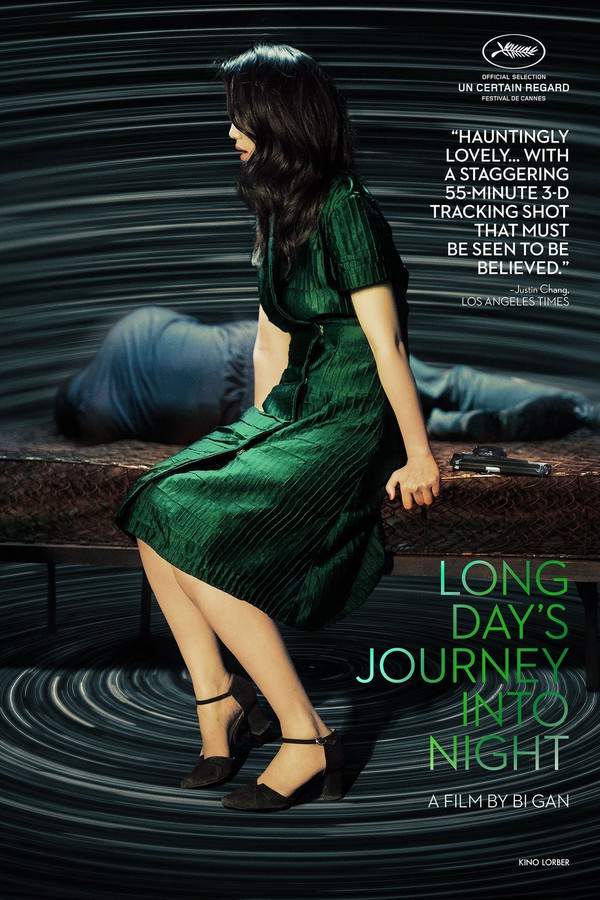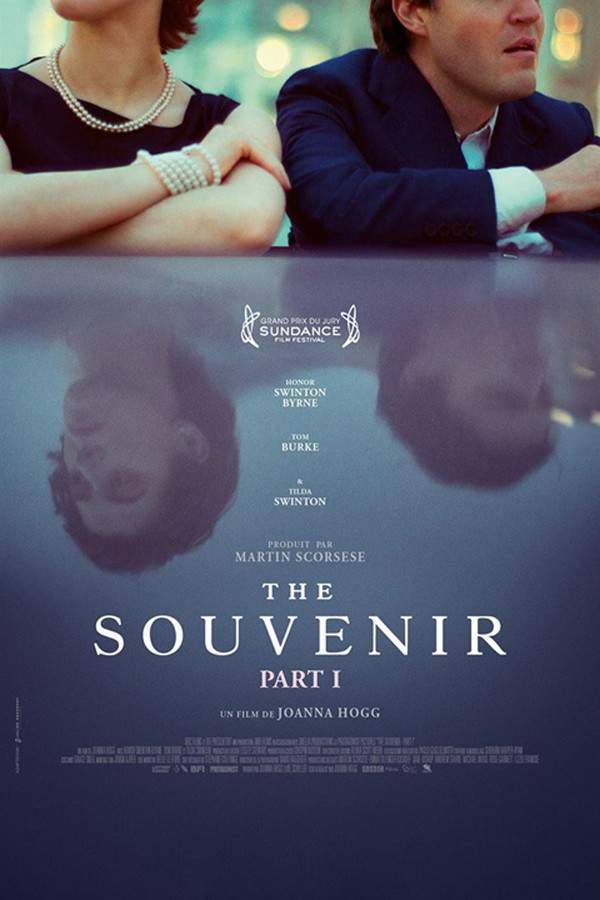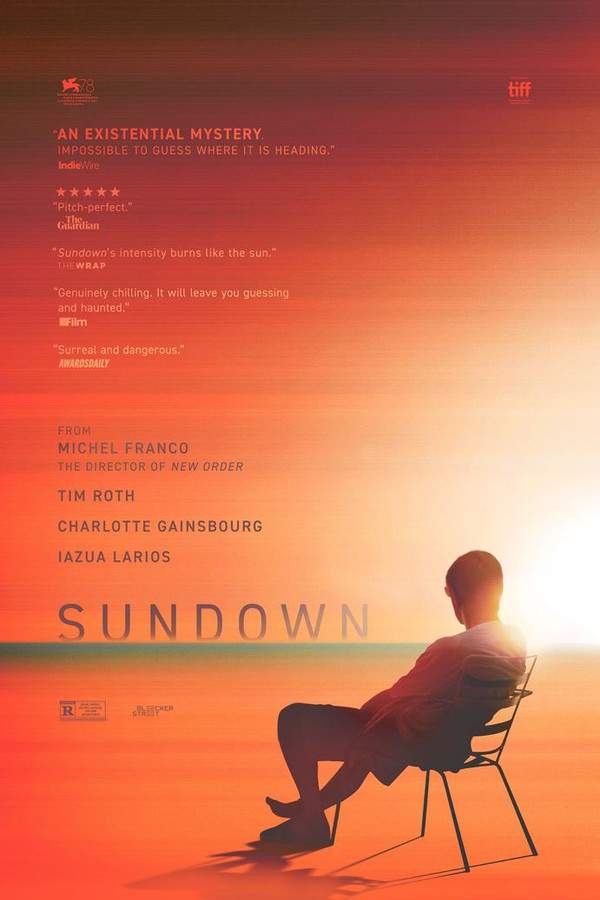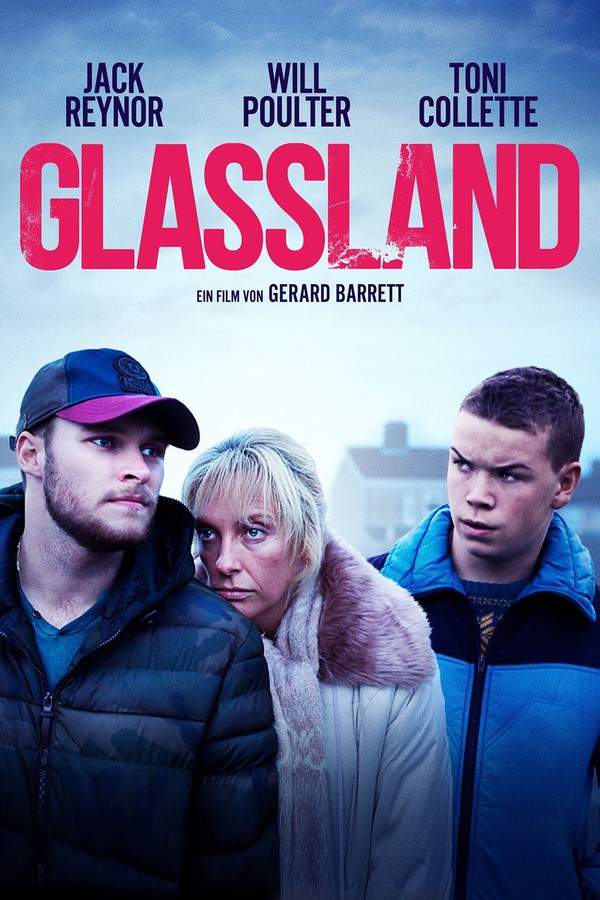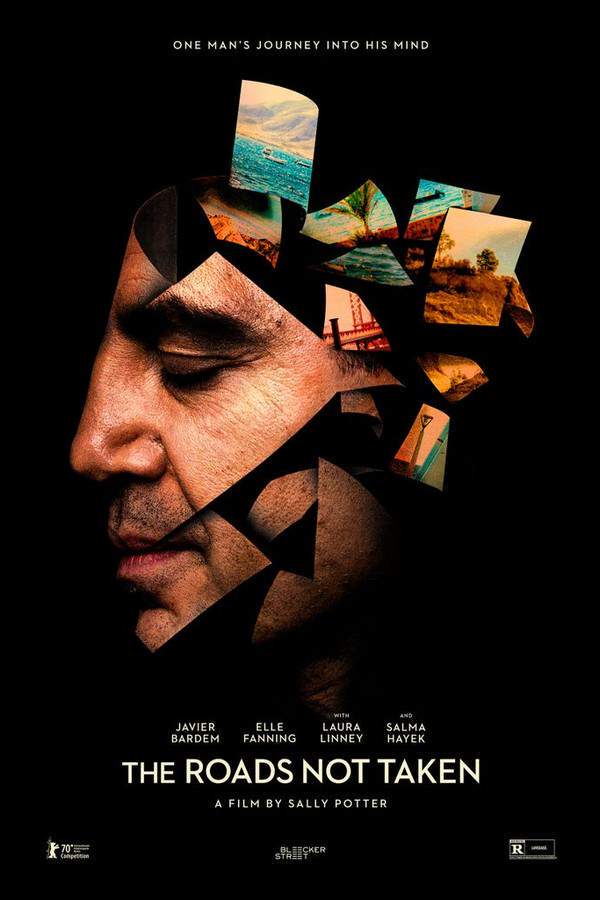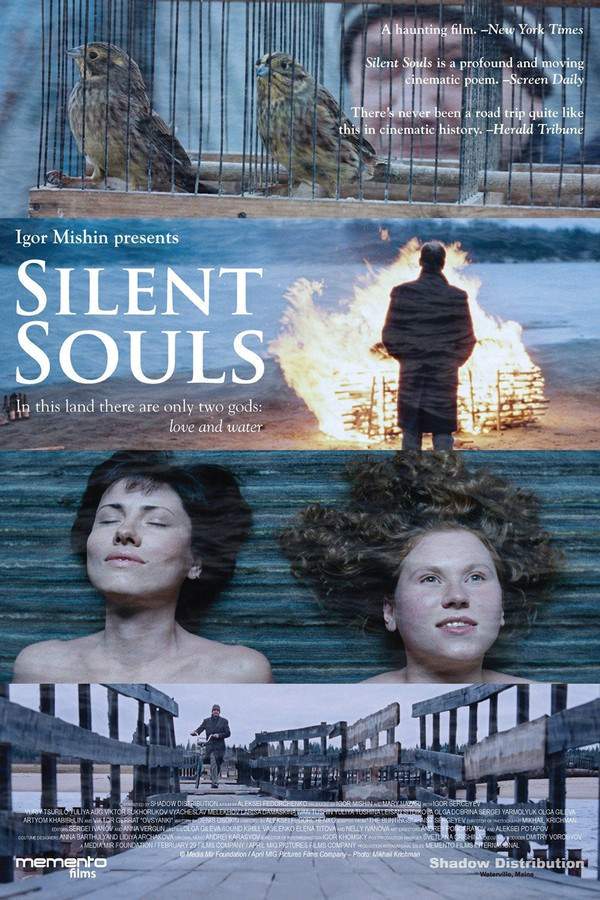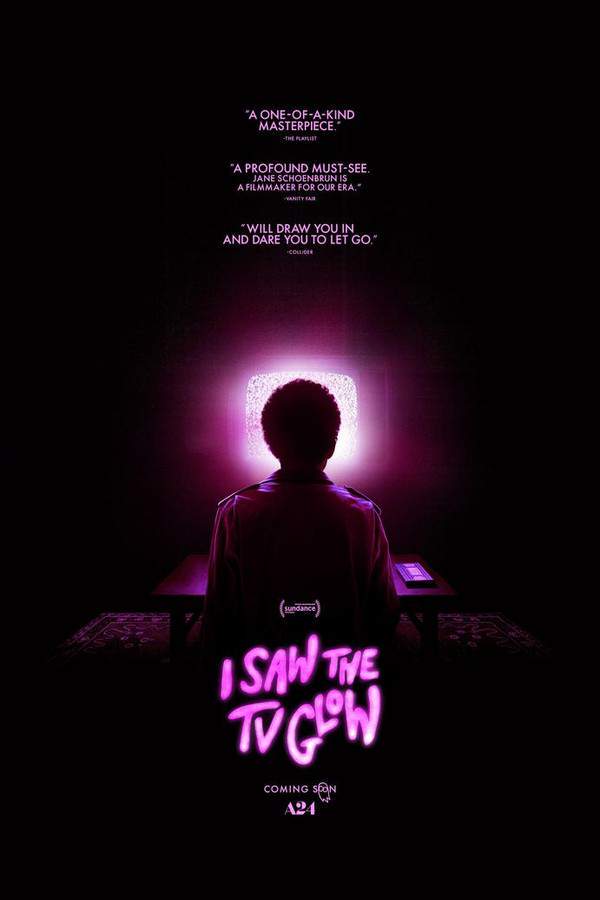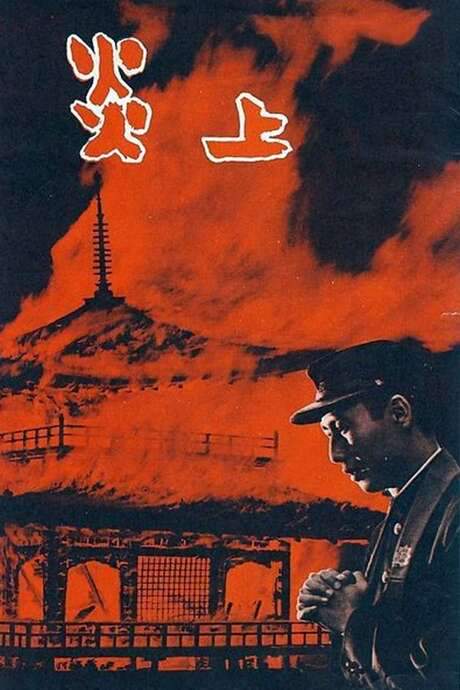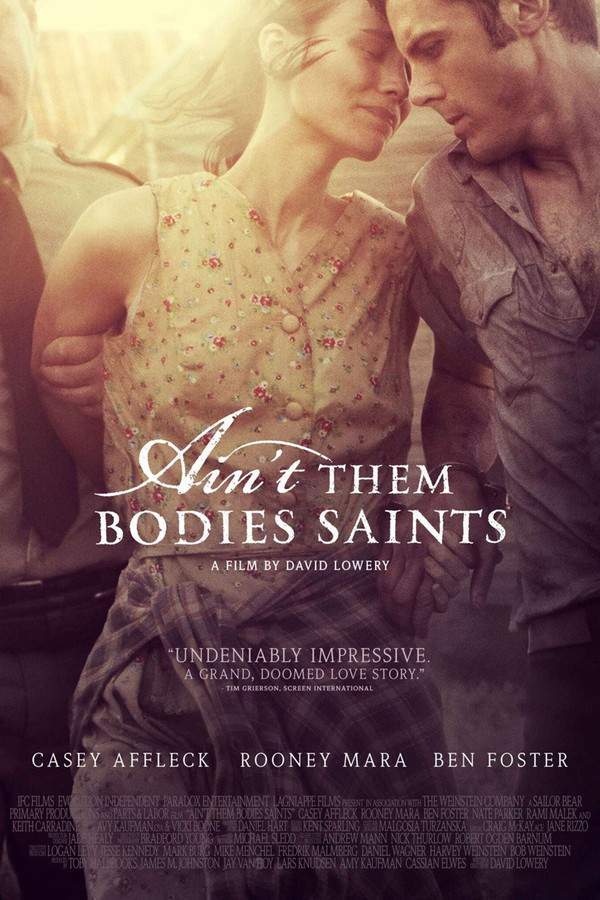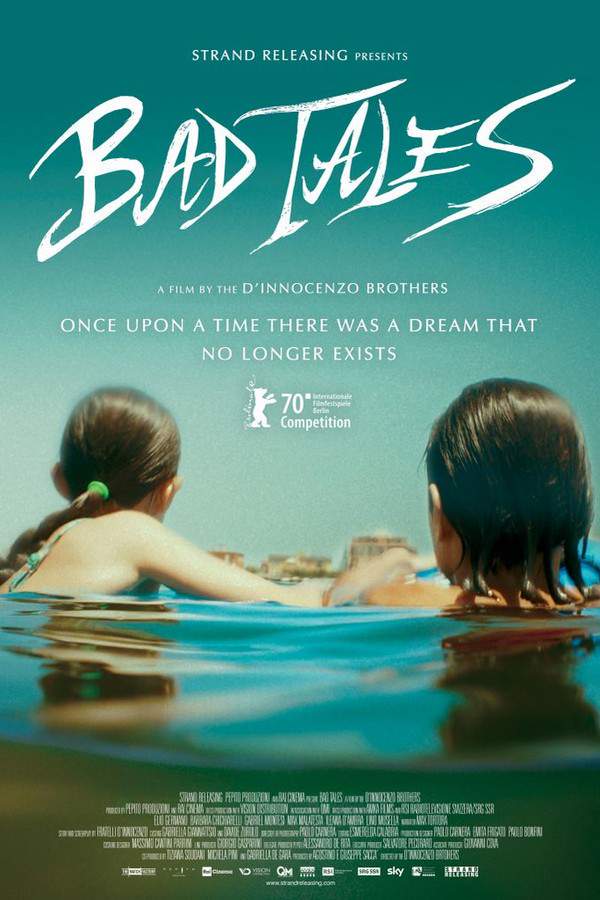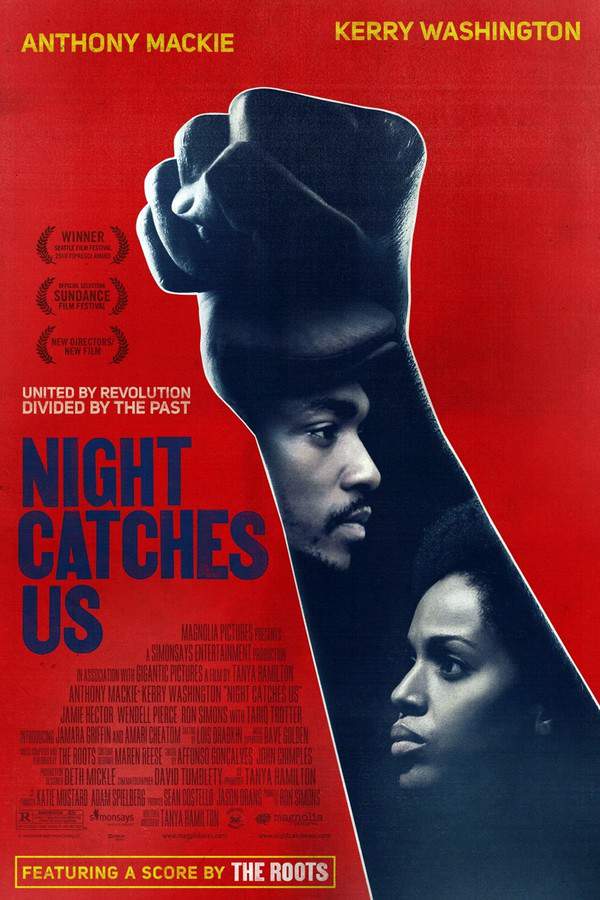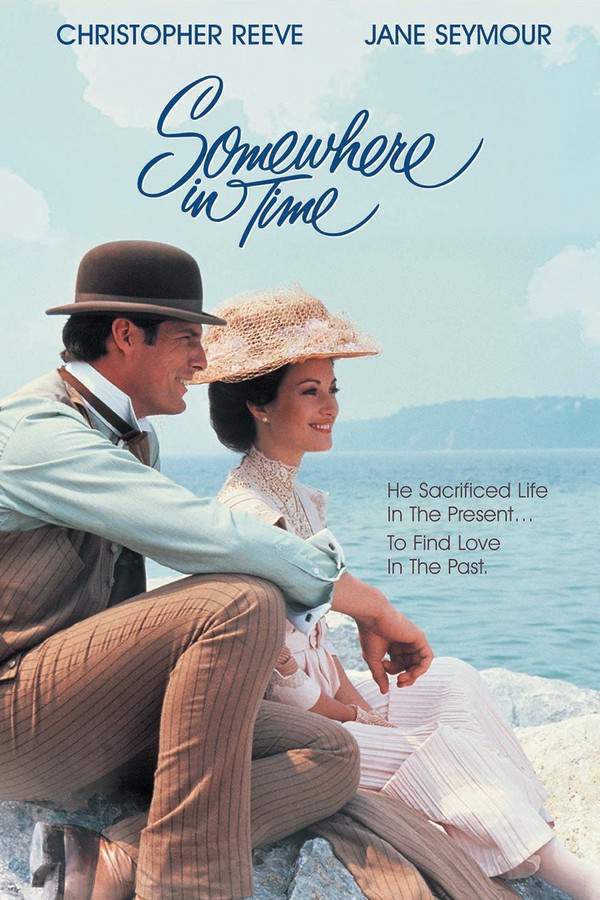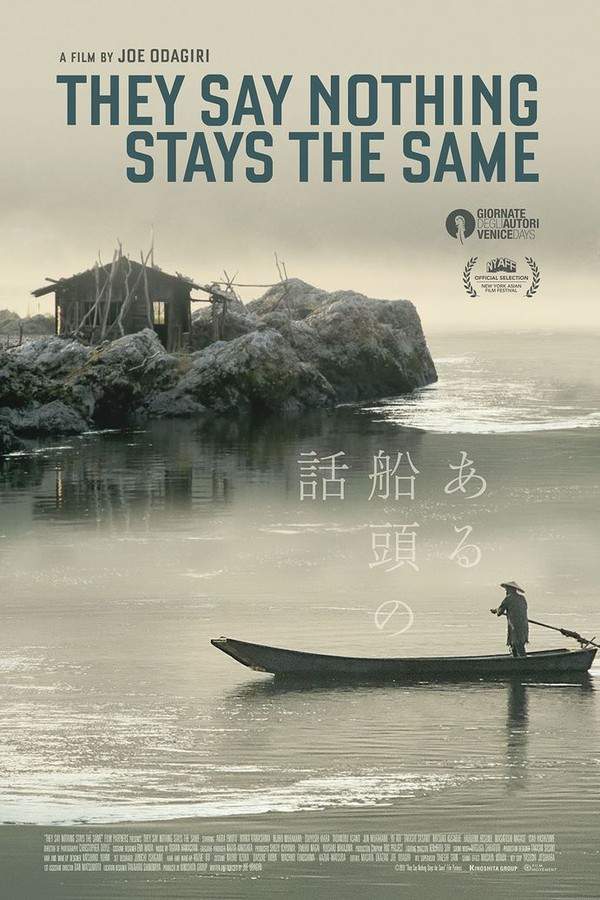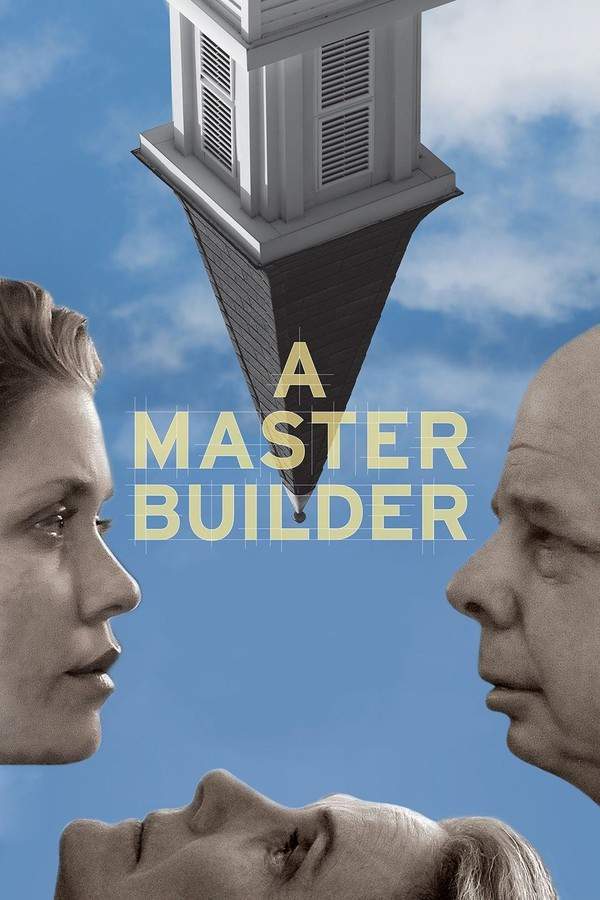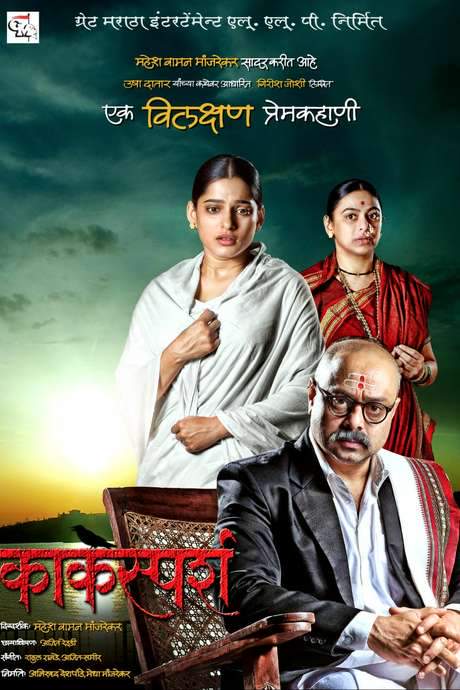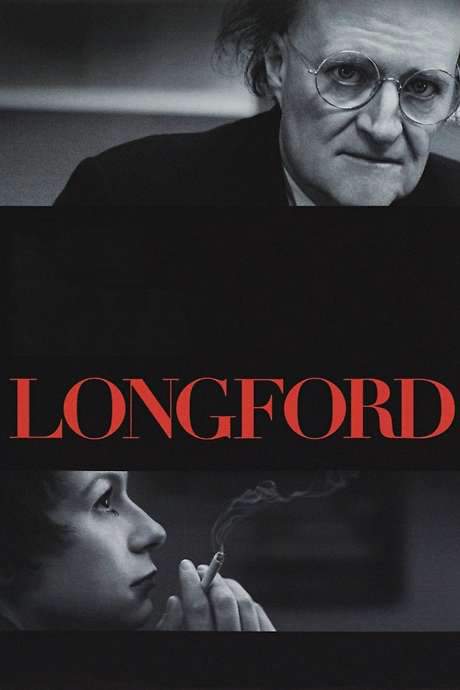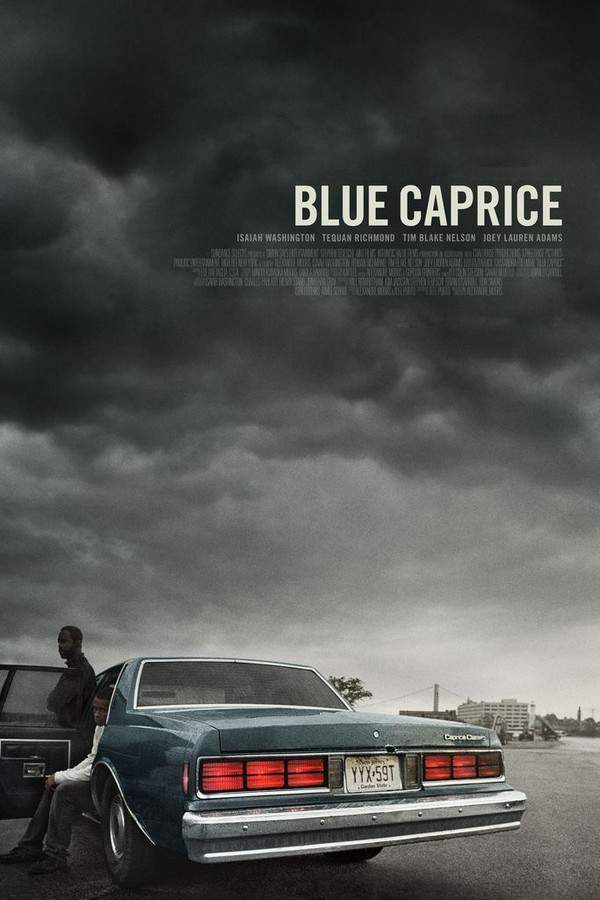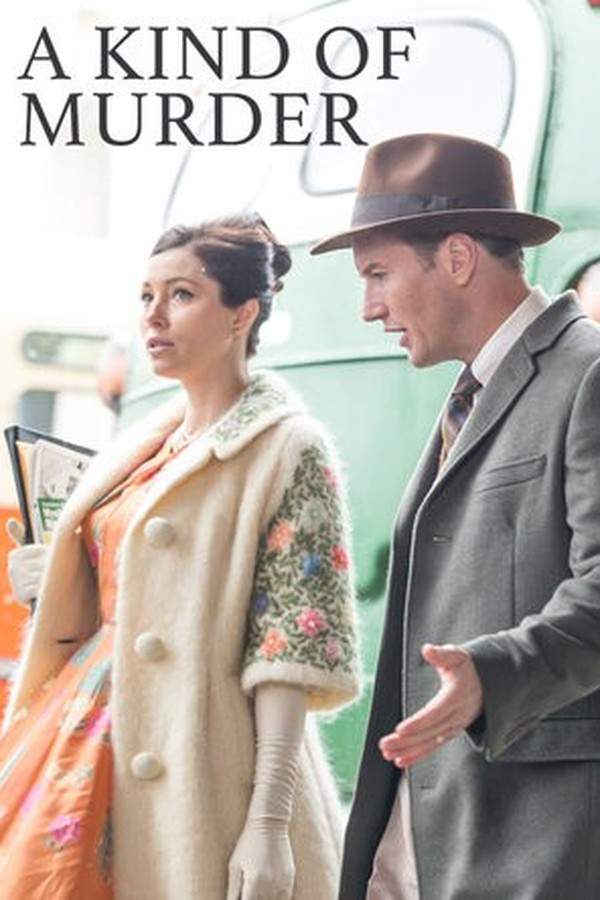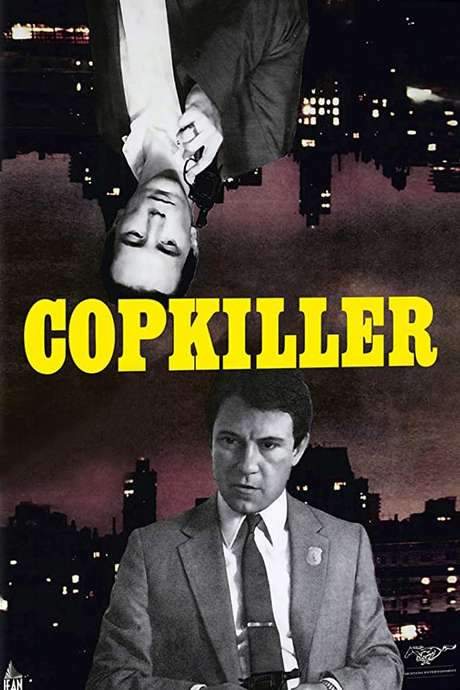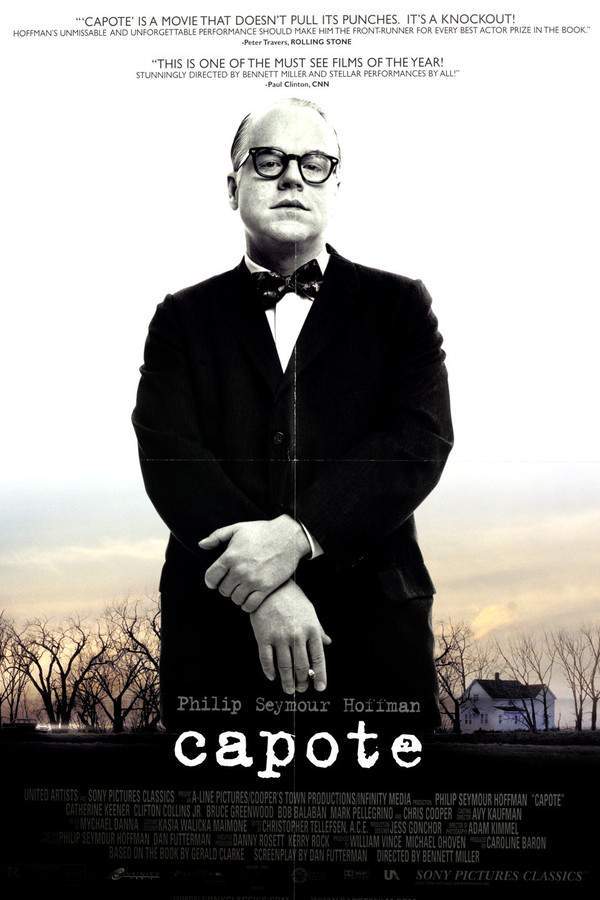
Capote
Year: 2005
Runtime: 114 min
Language: English
Director: Bennett Miller
Budget: $7M
The acclaimed author Truman Capote becomes fascinated by the murder of a Kansas family and travels to the small town where it occurred. He develops a close, complicated relationship with Perry Smith, one of the accused killers, while investigating the crime and uncovering hidden truths about the community and its inhabitants. The experience profoundly impacts Capote, blurring the lines between reporting and personal involvement.
Capote (2005) – Spoiler-Free Movie Summary & Plot Overview
Get a spoiler-free look at Capote (2005) with a clear plot overview that covers the setting, main characters, and story premise—without revealing key twists or the ending. Perfect for deciding if this film is your next watch.
In the quiet heart of the American heartland, a celebrated writer—Truman Capote—finds himself drawn to a story that seems to pulse beneath the surface of a modest Kansas community. The allure of a real‑life tragedy, hinted at in newspaper headlines, compels him to leave the bustling streets of New York for a small town whose rhythm is dictated by far‑mlned fields and close‑knit families. The film opens with the promise of a literary quest, setting a tone that balances the measured calm of Midwestern life with the restless curiosity of a man who lives by observation and prose.
Capote arrives armed with charm and a notebook, quickly forming an uneasy alliance with the local lawman—Alvin Dewey—and his supportive wife, who grant him uneasy access to the town’s inner circle. Accompanying him is his childhood friend—Nelle Harper Lee—who serves as both confidante and cultural bridge, softening the edge of the writer’s metropolitan swagger. The contrast between Capote’s flamboyant storytelling instincts and the town’s unpretentious modesty creates a simmering tension that fuels the film’s atmospheric tension, hinting at the ways personal ambition can both illuminate and disturb a community’s quiet rhythm.
Amidst this backdrop, Capote’s investigations lead him to an unexpected and unsettling connection with one of the accused—Perry Smith. Their interactions are marked by a fragile intimacy that blurs the lines between observer and participant, with the writer’s empathy and the suspect’s guarded vulnerability forming a delicate dance of trust and exploitation. This uneasy rapport serves as the film’s emotional core, suggesting that the true story may lie not in the facts Capote seeks, but in the shifting mirrors of his own conscience.
The narrative walks a tightrope between journalistic ambition and moral self‑examination, rendered in a tone that feels both intimate and expansive. As Capote delves deeper, the Kansas landscape becomes a canvas for his inner turmoil, reflecting a world where storytelling and lived experience are inextricably entwined. The film invites viewers to linger on the quiet moments of observation, the unspoken questions, and the lingering sense that some truths are too complex to capture without changing the person who dares to write them.
Last Updated: August 10, 2025 at 10:20
Explore Movie Threads
Discover curated groups of movies connected by mood, themes, and story style. Browse collections built around emotion, atmosphere, and narrative focus to easily find films that match what you feel like watching right now.
Obsessive character studies like Capote
Stories where a character's obsession leads to their own moral and psychological ruin.Movies like Capote that follow a protagonist's consuming obsession, often with tragic consequences. If you were fascinated by Truman Capote's morally complex relationship with his subject, you'll find similar stories of psychological descent and blurred ethical lines in these carefully paced, emotionally heavy dramas.
Narrative Summary
The narrative follows a protagonist who initiates a professional or personal investigation that becomes an all-consuming obsession. Their initial objectivity dissolves as they form a complicated, often manipulative bond with their subject. The story's tension comes from the protagonist's internal moral conflict and the psychological toll of their fixation, culminating in a personal downfall rather than a simple resolution of the initial mystery.
Why These Movies?
These movies are grouped by their shared focus on a singular, destructive obsession. They feature a similar emotional trajectory: a slow-burning intensity, a melancholic tone, and a heavy emotional weight derived from watching a character compromise their ethics and well-being for a goal that ultimately destroys them.
Slow burn ethical dramas like Capote
Deliberate, character-focused stories where ethical lines are blurred and crossed.If you appreciated the slow, deliberate pacing and heavy ethical questions in Capote, this list features similar movies. These are character-driven stories focused on moral ambiguity, the cost of ambition, and the psychological impact of crossing professional and personal boundaries, often resulting in a somber or bittersweet ending.
Narrative Summary
Narratives in this thread unfold gradually, allowing the weight of ethical dilemmas to build. The central conflict is internal and interpersonal, focusing on the tension between ambition, duty, and empathy. The plot is secondary to the character's psychological journey as they navigate gray areas, with the climax often being a moment of profound moral realization or failure rather than a conventional resolution.
Why These Movies?
Movies are grouped here based on a shared combination of slow pacing, high emotional weight, and a central theme of moral ambiguity. They create a similar viewing experience: thoughtful, tense, and emotionally draining, leaving the audience to ponder complex questions about right and wrong long after the film ends.
Unlock the Full Story of Capote
Don't stop at just watching — explore Capote in full detail. From the complete plot summary and scene-by-scene timeline to character breakdowns, thematic analysis, and a deep dive into the ending — every page helps you truly understand what Capote is all about. Plus, discover what's next after the movie.
Capote Summary
Read a complete plot summary of Capote, including all key story points, character arcs, and turning points. This in-depth recap is ideal for understanding the narrative structure or reviewing what happened in the movie.

Capote Timeline
Track the full timeline of Capote with every major event arranged chronologically. Perfect for decoding non-linear storytelling, flashbacks, or parallel narratives with a clear scene-by-scene breakdown.

Characters, Settings & Themes in Capote
Discover the characters, locations, and core themes that shape Capote. Get insights into symbolic elements, setting significance, and deeper narrative meaning — ideal for thematic analysis and movie breakdowns.

More About Capote
Visit What's After the Movie to explore more about Capote: box office results, cast and crew info, production details, post-credit scenes, and external links — all in one place for movie fans and researchers.

Similar Movies to Capote
Discover movies like Capote that share similar genres, themes, and storytelling elements. Whether you’re drawn to the atmosphere, character arcs, or plot structure, these curated recommendations will help you explore more films you’ll love.
Explore More About Movie Capote
Capote (2005) Scene-by-Scene Movie Timeline
Capote (2005) Movie Characters, Themes & Settings
Capote (2005) Spoiler-Free Summary & Key Flow
Movies Like Capote – Similar Titles You’ll Enjoy
To Kill a Mockingbird (1962) Story Summary & Characters
Blue Caprice (2013) Plot Summary & Ending Explained
Infamous (2006) Movie Recap & Themes
Capone (2020) Ending Explained & Film Insights
A Kind of Murder (2016) Movie Recap & Themes
A Place Among the Living (2003) Story Summary & Characters
Copkiller (1983) Ending Explained & Film Insights
In Cold Blood (1967) Complete Plot Breakdown
Crime, Inc. (1945) Complete Plot Breakdown
Killer: A Journal of Murder (1995) Complete Plot Breakdown
An American Tragedy (1931) Spoiler-Packed Plot Recap
In Cold Blood (1000) Full Movie Breakdown
The Glass House (1972) Full Summary & Key Details
Kansas City Confidential (1952) Plot Summary & Ending Explained
With Love from Truman (1966) Ending Explained & Film Insights


